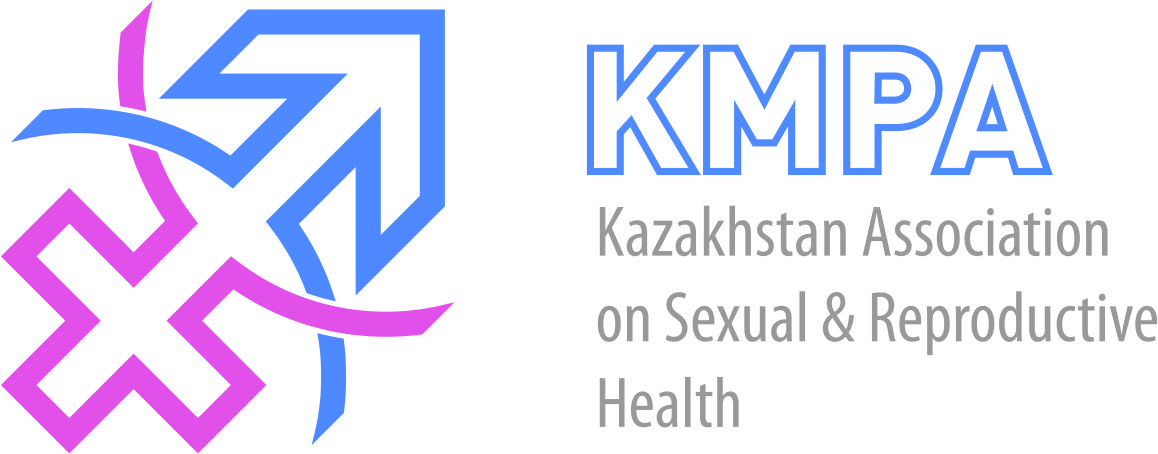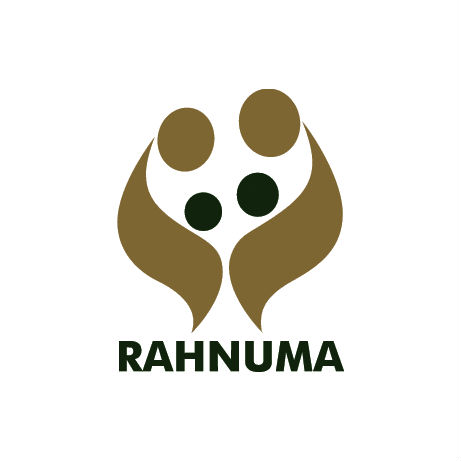

| 31 March 2016
Kazakhstan Association on Sexual and Reproductive Health
The Kazakhstan Association for Sex and Reproductive Health (KMPA) was established in 1997, in close collaboration with other IPPF Member Associations in central Asia, including those in Kyrgyzstan, Tajikistan and Uzbekistan. The organization currently has 13 branches and 2 regional offices, in Kostanay and Astana. KMPA’s outlets are all fully equipped to deliver contraceptive advice and services and antenatal and post-natal care. The organization trains trainers in sexual and reproductive health (SRH) teaching, education and awareness raising, covering the full range of SRH concerns including unwanted pregnancy, sexually transmitted infections (STIs) (including HIV and AIDS), contraception and abortion. KMPA is particularly focused on the sexual and reproductive health and rights (SRHR) of refugees, internally displaced persons (IDPs) and other migrants, and the prevalence of trafficking women and children. KMPA was a major contributor to the International Organization of Migration’s (IOM’s) national information campaign to prevent trafficking. This campaign seeks to raise awareness of the risks associated with the trade. Both with regard to SRHR and trafficking, KMPA has organized information campaigns involving the publication and dissemination of handouts, press releases and articles, the creation and management of an SRH hotline, and the provision of training courses for non-governmental organizations and government officials.

| 31 March 2016
Rahnuma-Family Planning Association of Pakistan
Rahnuma (formerly the Family Planning Association of Pakistan or FPAP) started serving poor and marginalized people in Pakistan as the Family Planning Association of Pakistan (FPAP) in 1953. After over 50 years of momentous achievements, the FPAP felt that its name did not fully reflect the scope of its work. It renamed itself ‘Rahnuma’, an Urdu word meaning 'one who shows the path and provides direction'. Rahnuma was one of the pioneers in providing family planning services and advocating for spacing of childbirth and for smaller families. The government later embraced the cause by establishing the Ministry of Population Welfare. In the space of a decade, Rahnuma grew from a single clinic, based in 1 room in Karachi, to a large-scale operation with an infrastructure of district branches offering model clinics and information and educational facilities. Today, the network operates nearly 5,000 service points, comprising 118 permanent clinics, 11 mobile units, 191 associated clinics and over 2,000 community-based distributors/services (CBDs/CBSs). It also handles referrals to over 2,143 private physicians. Rahnuma has developed innovative programmes to increase access to high-quality, affordable health services. It has advocated for a rights-based approach to sexual and reproductive health (SRH), for the empowerment of particular groups within communities (especially women and young girls), and for the strengthening of civil society in Pakistan. As the sexual and reproductive health and rights (SRHR) agenda has shifted over the years, Rahnuma has increasingly embraced SRHR in the context of national development and poverty alleviation, owing to the direct connection between socio-economic conditions and health and well-being. Contacts Website: http://www.fpapak.org Facebook: https://www.facebook.com/rahnuma.fpap.9 Twitter: https://twitter.com/Rahnuma_FPAP







